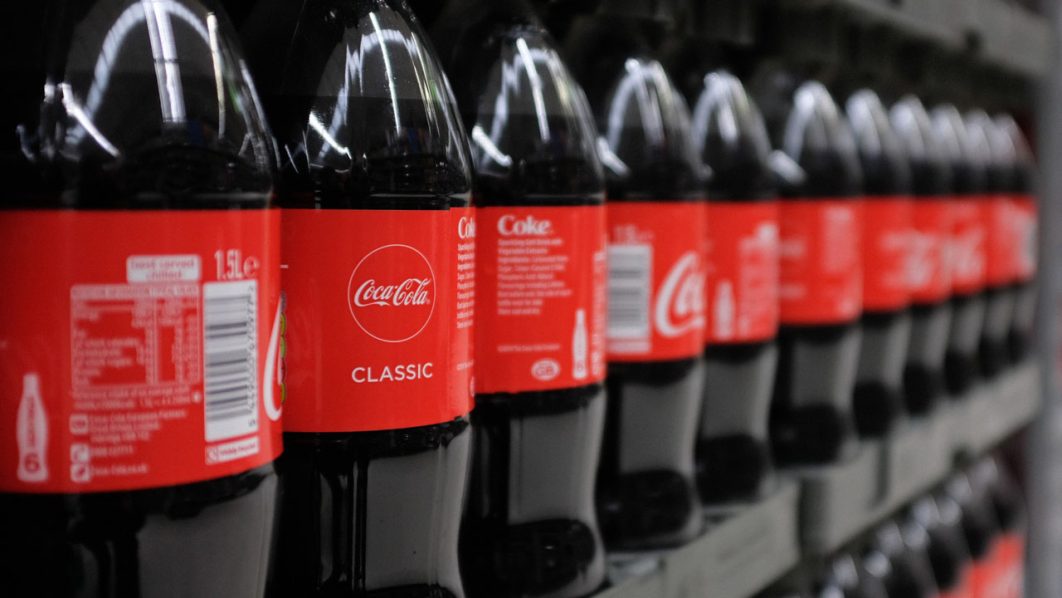
The FCCPC’s final order posted on the commission’s X handle yesterday, detailed continuous and intentional misleading practices by the companies as well as highlighted their failure to ensure transparency in managing non-harmful production errors and providing accurate product descriptions.
The FCCPC said it, through its investigation, initiated in June 2019 and December 2020, uncovered that both companies engaged in misleading product labeling and deceptive marketing practices and potentially abused their dominant market positions.
The FCCPC said its investigation began when the commission discovered that Coca-Cola and NBC were transitioning their Coke brand from regular sugar to non-nutritive sweeteners without adequately informing consumers.
According to the commission, the transition followed similar undisclosed changes to their Fanta and Sprite brands. The investigation found that the actions violated sections 17, 116, 123, 124, 127 and 155 of the FCCPA, particularly those relating to misleading trade descriptions and unfair marketing tactics.
Key findings included misleading trade descriptions, where Coca-Cola and NBC marketed the “Coca-Cola Original Taste Less Sugar variant as identical to the Coca-Cola Original Taste”, despite significant differences in formulation, violating Section 116 of the FCCPA.
Also, the commission noted unfair marketing tactics, stating that Coca-Cola Nigeria packaged and marketed the ‘Original Taste Less Sugar’ variant in a manner indistinguishable from the ‘Original Taste’ product, breaching Sections 123 and 124 of the FCCPA.
The FCCPC said NBC similarly misled consumers with the packaging of its Limca Lime-Lemon flavored drink variants. The investigation also highlighted deceptive packaging, noting that NBC used identical packaging for its Zero Sugar and 50:50 variants of Limca Lime-Lemon, violating multiple sections of the FCCPA and the National Agency for Food and Drug Administration and Control (NAFDAC) Act 2004. FCCPC stated that despite numerous engagements and opportunities to rectify the issues, Coca-Cola and NBC failed to comply with the agreed standards.
The commission said it granted the companies an extension to adopt clearer, more transparent descriptions and differentiation of their products. FCCPC said Coca-Cola and NBC granted the extension to exhaust existing packaging inventory and accommodate new packaging, which the commission agreed to the extension.
The commission said Coca-Cola and NBC, on the eve of the extended deadline, abandoned the mutually agreed outcome in favour of a different business strategy that did not meet the applicable standards.
The commission noted that Coca-Cola and NBC’s efforts were inadequate and that it became clear that neither company intended to provide transparency in line with FCCPA standards.
The FCCPC said it concluded its investigation and again engaged Coca-Cola and NBC to provide sufficient remedies. The commission said despite the prolonged investigation and multiple opportunities to comply, Coca-Cola and NBC failed to meet legal requirements.
The commission stated that ongoing market conditions and consumer feedback demonstrate the ineffectiveness of the companies’ efforts to address regulatory concerns, noting that instead of focusing on compliance, Coca-Cola and NBC made more vigorous efforts at other interventions.






